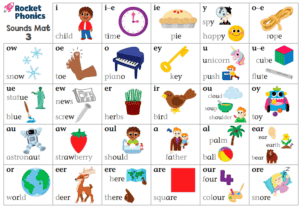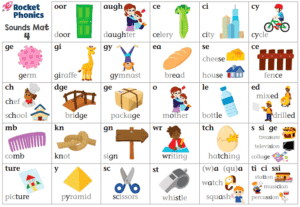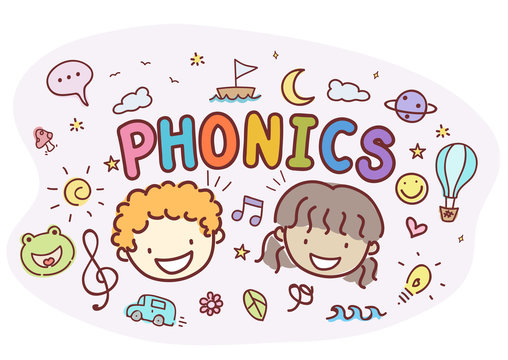Phonics
Intent
At Greave Primary School high quality phonics teaching and learning is a key priority, paramount to children progressing to be confident, fluent readers. Word recognition and understanding is essential in enabling children to become skilled and fluent readers. In Reception and Key Stage 1, we place great emphasis on the teaching of phonics and developing children's phonological awareness. It is crucial in these early years to establish the foundations for reading fluently and accurately, whilst developing comprehension skills and fostering a love of reading and literature. Our aim is for children to become competent readers and have a hunger for reading a range of genres, discussing books with their peers, learning and using new language.
Implementation
In Reception and Year 1, SSP (Systematic Synthetic Phonics) is delivered daily through high quality, daily, discrete phonics sessions. In order to deliver high-quality phonics teaching and learning, we use the newly developed Rocket Phonics which is an accredited DfE (Department for Education) phonics programme launched in 2021.
Each phonics lesson includes the following elements:
- Revise – overlearn the previous graphemes and words
- Teach – introduce a new grapheme/words
- Practise – develop GPCs (grapheme phoneme correspondences)/read and spell new words
- Apply – use new graphemes/words in games and activities to secure knowledge
- Assess – monitor progress within each phase to inform planning
A variety of reading books are used to enhance phonological knowledge and promote early reading skills through high quality, fun texts. These books are used regularly every week during and in addition to phonics sessions.
Children are assessed during each daily lesson and also tracked half termly. We invited parents/carers from our Reception classes to attend our Phonics evening, which provides information and ways to support their child at home.
Impact
At Greave we provide children with high quality teaching to enable them to become fluent readers by the end of Key Stage 1. We teach children in order for them to develop their fluency and comprehension throughout their time in school. Children in Year 1 are formally assessed by an unseen government Phonics Screening Check and results are reported to parents. This decoding test uses 'real and non-real' words to assess children's ability to segment and blend words. Children are presented with 40 words – a mixture of real and pseudo words and they are expected to apply their phonics knowledge to read the words. If they are unsuccessful in Year 1, they have the opportunity to retake the test in Year 2. Intervention groups are set up for those children requiring additional support with their phonics learning and this support continues in Key Stage 2 if necessary.
Reception Phonics Sound Mats
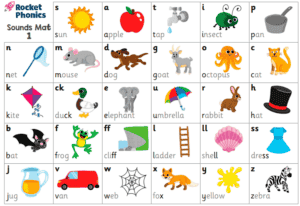
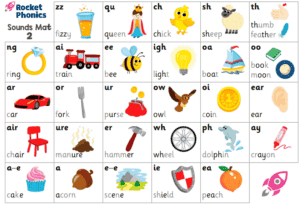
Year 1 Phonics Sound Mats
